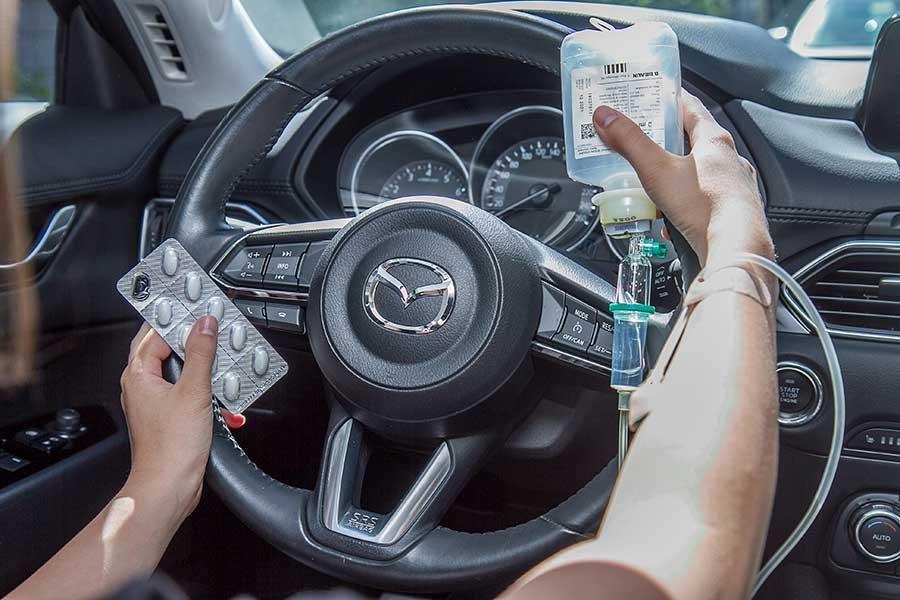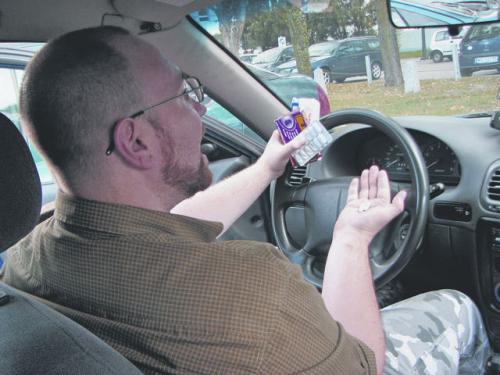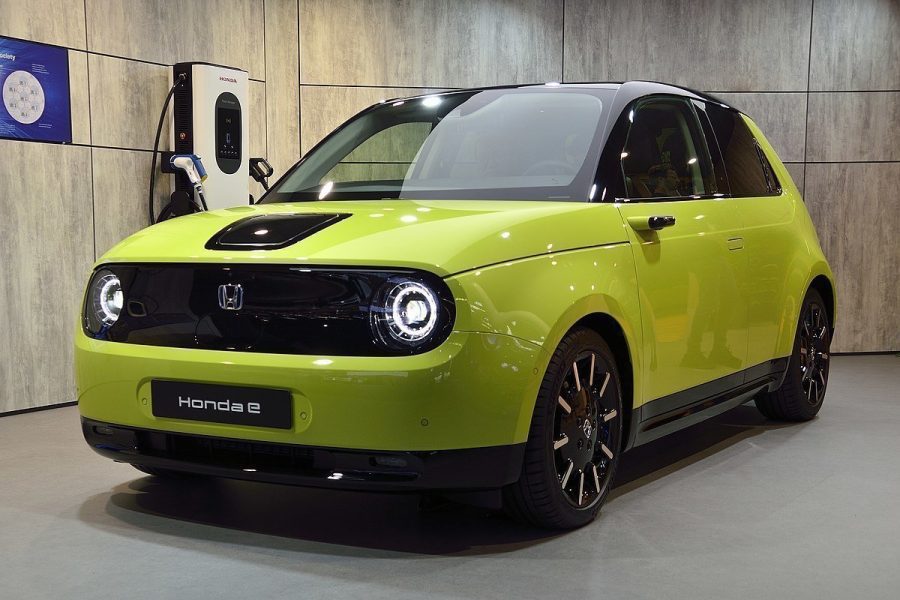
Drugs that should not or should not be driven
 Some medications can be fatal for drivers. Not only the probability of an accident increases, but also the loss of a driver's license.
Some medications can be fatal for drivers. Not only the probability of an accident increases, but also the loss of a driver's license.
Almost everyone knows that you should not drive after drinking alcohol. Few realize that drugs can be just as dangerous for a driver. Meanwhile, sleeping pills, antidepressants, painkillers and antiallergic drugs can negatively affect information processing, analysis, decision making and motor coordination. As statistics show, the adverse effect of drugs on the performance of drivers reaches even up to 20 percent. traffic accidents and collisions can be caused by those who take medicines that affect the ability to drive vehicles.
Drowsiness caused by certain medications is especially serious. Sleepy drivers are more likely to cause accidents, especially when performing tedious and repetitive activities, such as driving on a motorway. The greater risk of drowsiness is largely the result of slowing down when braking, which greatly reduces the chances of avoiding a collision.
A study of 593 professional drivers in Australia found that over half of them napped while driving. More than 30 percent are taking medications that can cause drowsiness or fatigue. In a Dutch study conducted on a group of 993 road traffic crashers, as many as 70 percent of drivers in blood taken immediately after an accident were found to contain benzodiazepines, drugs with anxiolytic and sedative effects.
The editors recommend:
An illegal way to get cheaper third party liability insurance. He faces up to 5 years in prison
An unmarked BMW for the police. How to recognize them?
Most Common Driving Test Mistakes
See also: Dacia Sandero 1.0 SCe. Budget car with economical engine
Many drivers may be surprised to learn that they may have trouble driving after taking certain, especially strong, painkillers. They contain compounds that can make you dizzy and slow your reactions. Herbal preparations containing valerian, lemon balm or hops, sometimes sold as dietary supplements, also have a negative impact on driving behavior. Drivers should be careful when taking preparations containing guarana, taurine and caffeine, such as energy drinks (eg Red Bull, Tiger, R20, Burn). They prevent fatigue, but after an initial period of high arousal, they increase fatigue.
Information about the effect of the drug on the performance of the body should be included in the leaflet. Some of them contain, for example, a provision that “during the use of the drug, you cannot drive vehicles or work with mechanisms.” Unfortunately, only 10 percent. people on medication read leaflets, resulting in a high risk of driving after taking a drug that is harmful to the driver.
The effect of drugs on the driver's body, similar to the effect of alcohol, can be detected by the police. For this, special tests are used, which are carried out more and more often, i.e. during scheduled roadside checks. A positive result can be confirmed by testing the driver's blood or urine. Some medicines contain substances that are present in drugs. If they are found, the case is referred to the court, which, based on the opinion of an expert evaluating the effect of the detected substance on the ability to drive a car, issues a verdict. It happened, by the way, in 2010, when a student from Poznań took a pill of codeine to treat a headache. The court delayed his driver's license for 10 months and sentenced him to a fine of 550 zł.
Some drugs, for example in high concentrations, can cause intoxication. If a driver in a state of intoxication is stopped by the police, he can be punished with imprisonment for up to 3 years and deprivation of the right to drive a vehicle for a period of at least 3 years. Drivers can be imprisoned for up to 12 years in the event of an accident under the influence of narcotic drugs, which may be considered as certain drugs. 
Dr. Jarosław Woroń, Department of Clinical Pharmacology, Collegium Medicum, Jagiellonian University
We are one of the nations that love to be treated, so the likelihood of taking a drug that affects safe driving is high. To avoid this, the driver, when contacting a doctor, must indicate that he is a driver, so that the doctor informs him of the possible side effects of prescribed drugs. Similarly, he must do the same at the pharmacy if he buys over-the-counter medicines, or at least read the leaflets that come with the medicine. Drugs are sometimes more insidious than alcohol, because the effect of some of them on the body can last several days. There is also the problem of drug interactions. Taking several at the same time can increase fatigue, drowsiness, impaired concentration, and, as a result, it is much easier to get into an accident.
Negative effects of drugs
• drowsiness
• excessive sedation
• dizziness
• imbalance
• blurred vision
• reduction of muscle tension
• increased reaction time
Drugs that are best not to drive
Medications to treat colds, flu and runny nose:
• Stick to Acti-Tabs
• Akatar Bay
• Activated
• Actitrin
• Spindrift clouds
• Dysofrol
• Febrile
• Fervex
• Gripex
• Gripex MAX
• Gripex NIGHT
• Ibuprom Gulf
• Modafen
• tabchin trend
• Theraflu Extra GRIP
Antitussive drugs:
• butamirate
• Thiocodine and other codeine combinations
Pain relievers:
• antidote
• APAP NIGHT
• Askodan
• Nurofen PLUS
• Solpadein
Antiallergic drugs:
• Cetirizine (Alerzina, Allertek, Zirtek, Ziks 7)
• Loratadina (Aleric, Loratan)
Medicines for nausea:
• Aviamarin
Antidiarrheals:
• Loperamide (Imodium, Laremide, Stopran)
Source: Headquarters of Police in Krakow.
